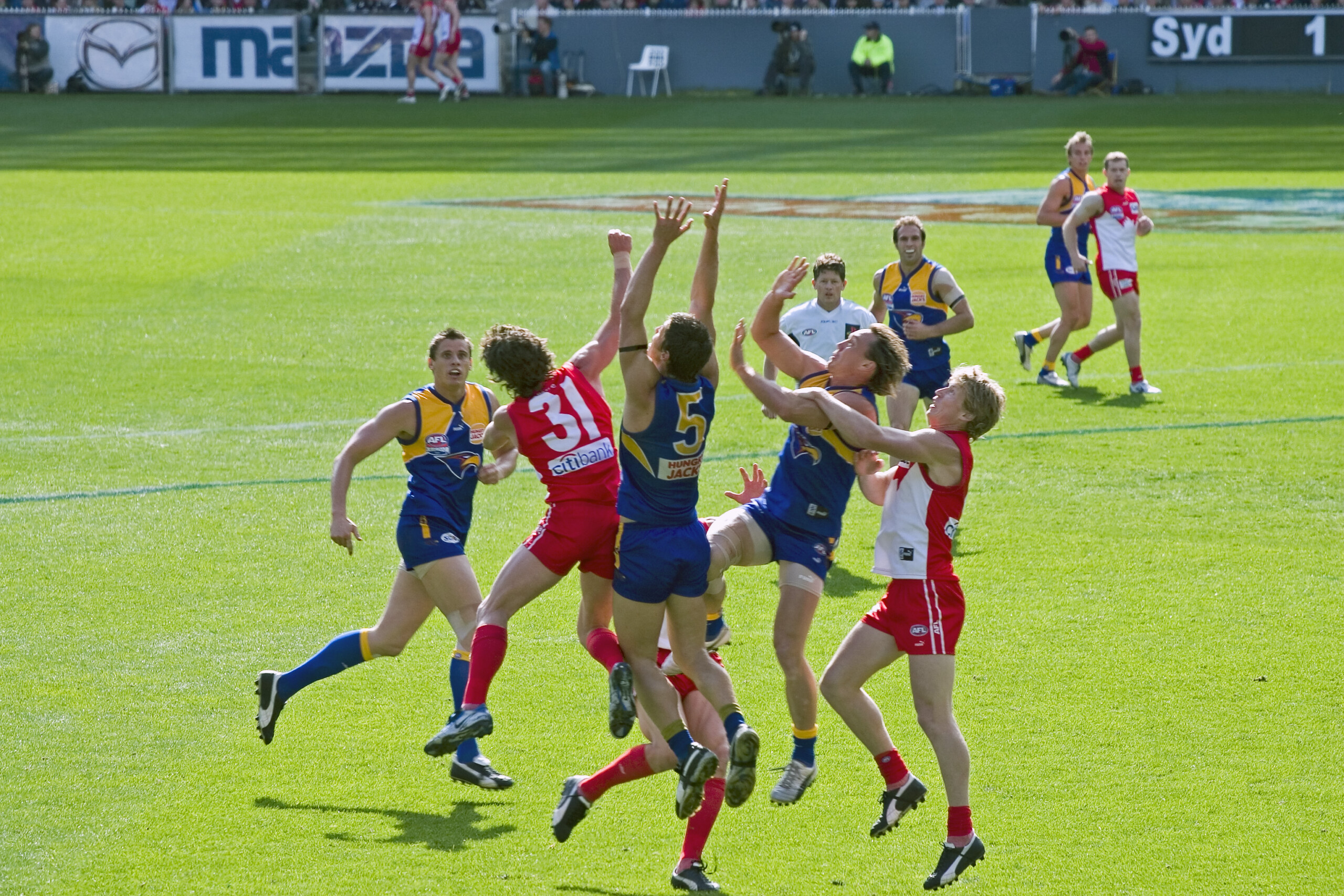Before competition an athlete should ensure they are well hydrated Hydration is vital to performance and an athlete needs to ensure they drink a minimum 2-3L the day before competition, then drink 500mL in the morning of the competition, and a further 250mL 30min before competition provided hydration has been maintained throughout the day.
Before competition an athlete should not try to eat anything new. If an athlete tries new food and they have a reaction to it their performance will be negatively affected. Instead an athlete should eat complex carbohydrates in a familiar form, consuming around 100g 3-4hrs before competition. An example of this might be a bowl of porridge, a dark wholemeal bread or muesli. As competition approaches food size should get smaller, moving from a full meal to a small snack, such as a muesli bar 1-2 hrs before competition and lonely liquids after this time.
Carbohydrate loading is the process used by athletes to ensure glycogen stores in muscle and the liver are at their maximum. They do this by tapering training levels and consuming large amounts of complex carbohydrates in the week before competition. Carbohydrate loading benefits performance that would normally deplete glycogen stores and delays the onset of fatigue caused by a greater reliance on fat to produce ATP in the aerobic energy system. Thus carbohydrate loading will allow for higher aerobic intensities being maintained for longer, and can help ensure glycogen stores remain for a late burst of speed in the lactic acid energy system. Carbohydrate loading will only benefit sports that go longer than 60min, such as soccer, rugby, or Australian Rules Football.

